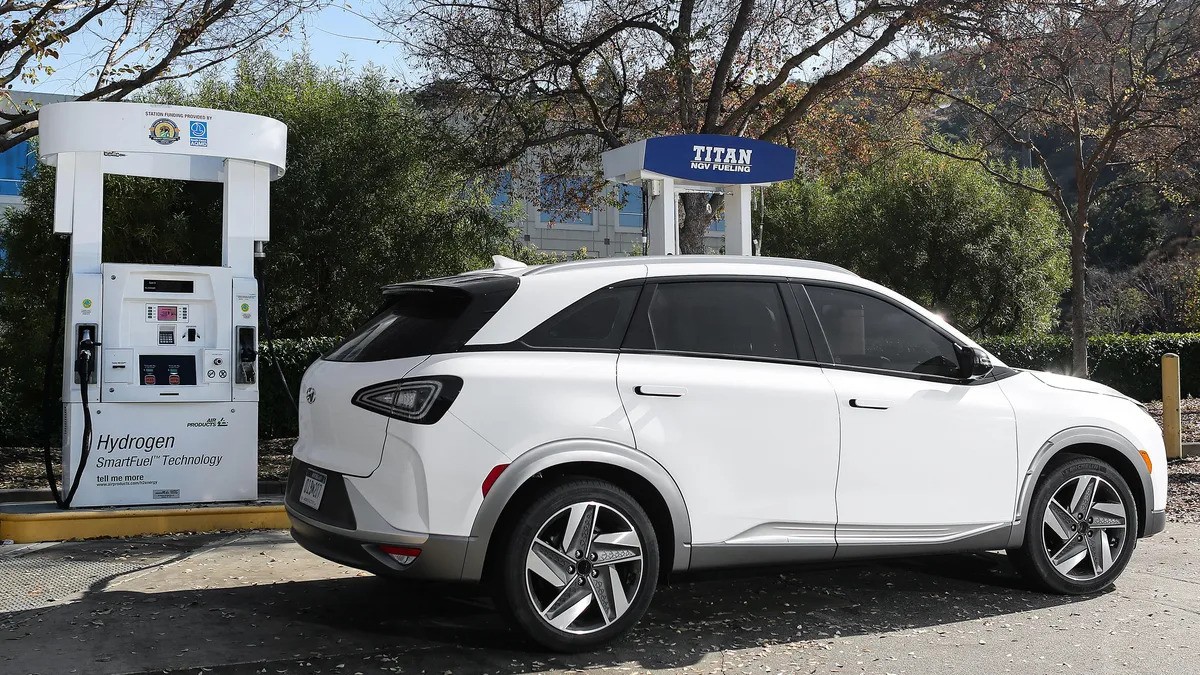At CES 2024 in Las Vegas, the company unveiled its "Software-defined Everything" strategy, a bold initiative to transform various devices, fleets, and ecosystems into valuable assets through advanced software and AI integration.
As part of this initiative, Hyundai announced the development of a new infotainment system complete with its own app store. Notably, the company plans to provide software development kits that empower users to create cutting-edge applications.
Recognizing the evolving landscape of app stores, Hyundai is taking a step further by integrating a large language model into their AI assistant and navigation system. This integration promises to offer a natural and user-friendly experience while enhancing safety.
Hyundai's vision extends to separating hardware from software to facilitate independent updates and advancements. The company foresees a future where vehicles evolve into "AI machines" that continuously learn and adapt. While specifics remain unclear, the overarching goal is to personalize user experiences, streamline tasks, and deliver added value to users.
On the hydrogen front, Hyundai is committed to leveraging hydrogen as a clean energy source integral to their sustainability roadmap. Beyond powering trucks, buses, passenger cars, Hyundai envisions hydrogen as a key energy source for aircraft, sea-going vessels, power generators, and trams.
In line with this vision, Hyundai's HTWO is transitioning into a prominent "hydrogen value chain business brand." The company is also actively developing "megawatt-scale polymer electrolyte membrane electrolyzer manufacturing capabilities for green hydrogen production," with expectations for commercialization in the coming years.
Regarding hydrogen production, Hyundai is pursuing two innovative approaches: Waste-to-Hydrogen and Plastic-to-Hydrogen. Waste-to-Hydrogen involves the fermentation of organic waste, such as food and livestock manure, to produce biogas. This biogas is then processed to capture carbon dioxide and generate hydrogen. In contrast, the Plastic-to-Hydrogen process transforms non-recyclable waste plastics by melting and gasifying them, ultimately converting them into hydrogen by eliminating unnecessary elements.
Source: Hyundai

